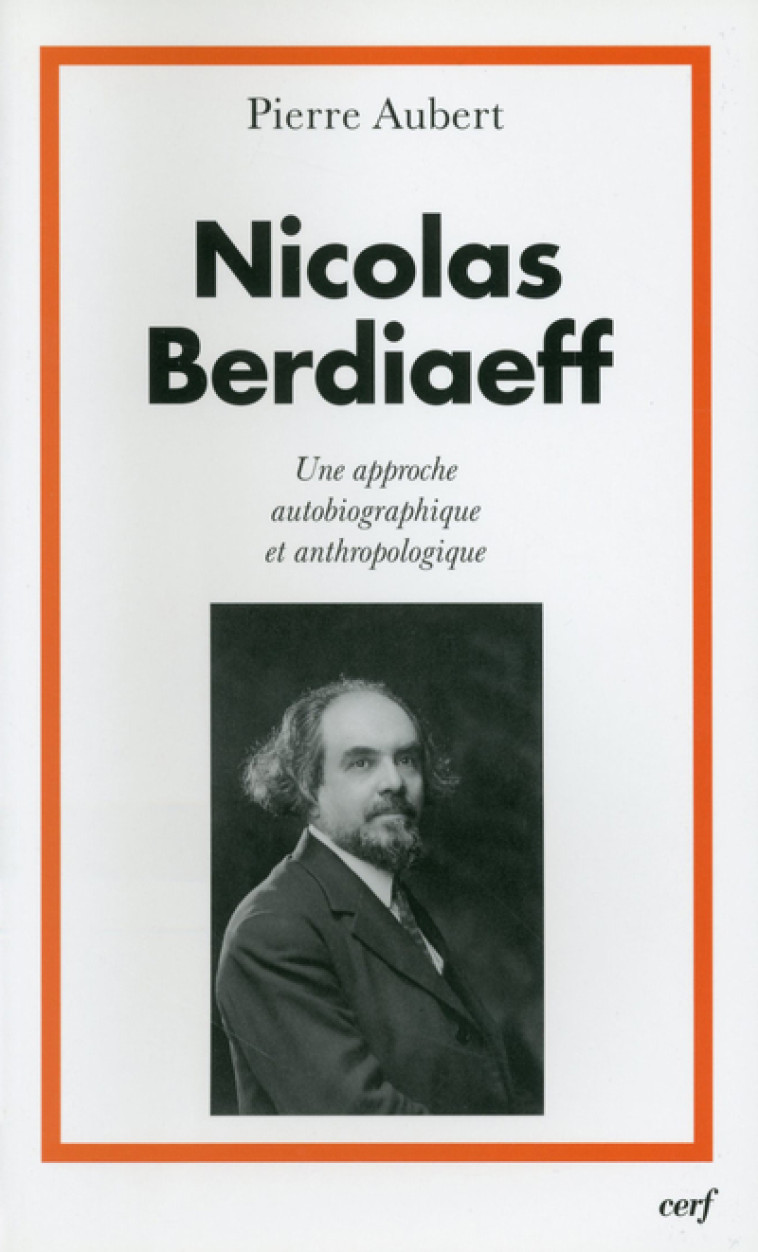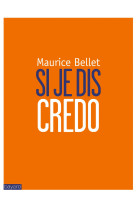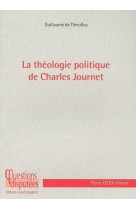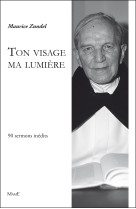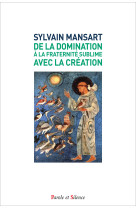--
The anthropology of Nicolas Berdiaeff is a formidable protest against dehumanization. Nicolas Berdiaeff (1874-1948), a Russian philosopher of the Orthodox faith, lived through the fall of the Tsars and the Russian Revolution. He was exiled from his own country in1922 for ideological reasons and spent the rest of his life in France, in Clamart, near Paris. His life and his understanding of the human being are closely linked. It is with good reason that Pierre Aubert retraces both, without making any distinction. Beginning with an account of Berdiaeff's life, he describes the genesis of his spiritual life, outlines the philosophical framework of his thinking and the influence of Dostoevsky on his vision of man. He concludes by explaining the anthropology that resulted from this accumulation of real-life experiences and intellectual and spiritual values. Pierre Aubert stresses the topical interest of a Christian thinker confronted with atheism, for it is in this context that Berdiaeff unfolds God's plan concerning humanity. He develops the Biblical theme of man created in the image of God, convinced that we are not just physical beings, but also spiritual. Reacting against the fragmentation that modernity has produced, he describes man in his complexity, his desire for unity, underlining his specificity as an individual. According to Berdiaeff, the depersonalization of man is the result of the failure to recognize his relationship and bond with God. The incarnation of God in Jesus Christ leads him finally to meditate on the mystery of human divinity as the means of humanizing man. In the company of Pierre Aubert, readers will take pleasure in discovering, or rediscovering Nicolas Berdiaeff, a fine thinker and witness.

